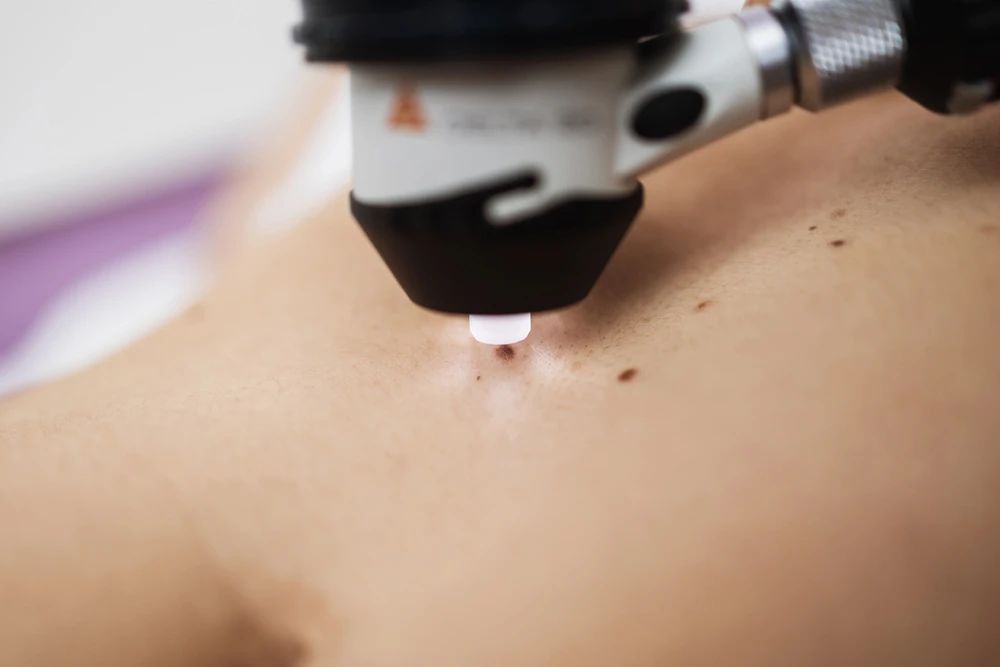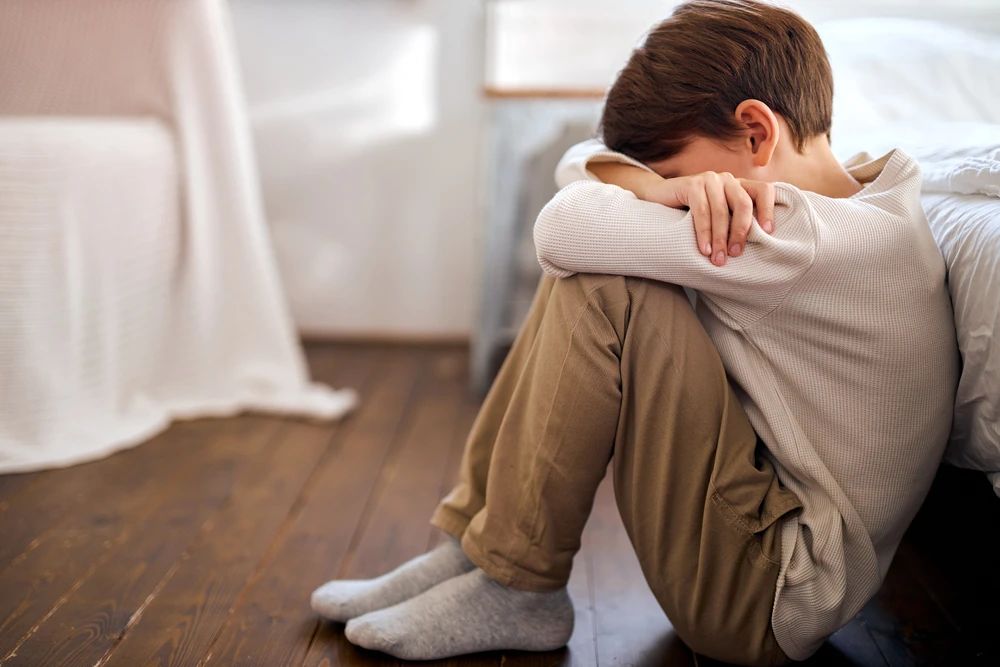Coping with Mental Health Disorders While in Isolation
2022-04-28
Many of us suffer from mental disorders at some point. If you or anyone you know suffers from a mental health disorder, learn how to help them cope with it during this pandemic.
As the COVID-19 pandemic continues to unfold, various restrictions have been implemented, and many have had to adapt to changes in their daily routines and activities. During these times, mental health professionals anticipate that levels of loneliness, depression, alcohol abuse, drug use, and self-harm or suicidal behavior are likely to rise.
Dr. Helen Wang, Psychiatrist at Parkway, shares some of the common mental disorders, the symptoms associated with them, and self-care strategies to help cope with stress and anxiety.
1. Mood Disorders
Mood disorders are also known as affective disorders. These involve persistent feelings of sadness or periods of being overly happy, or fluctuations from feeling extremely happy to feeling extremely sad. The most common mood disorders are:
Major Depressive Disorder – Also known as clinical depression, MDD causes extreme feelings of sadness and hopelessness lasting at least 2 weeks. Those suffering from MDD may become so unhappy with their lives that they may consider or attempt suicide.
Bipolar Disorder – bipolar disorder is characterized by episodes of energetic, manic highs and extreme or depressive lows. These mood swings are often more extreme than the typical ups and down that most people experience. They also affect a person’s energy levels and ability to think correctly.
2. Anxiety Disorders
Those suffering from anxiety disorders respond to certain objects or situations with fear and dread. These feelings may be accompanied by physical signs of anxiety and panic, such as increased heart rate and sweating. These disorders are often characterized by a person’s inability to respond appropriately to a situation, their inability to control their response, or if their anxiety interferes with normal functioning. The most common anxiety disorders are:
Obsessive Compulsive Disorder – OCD causes constant and uncontrollable repetitive thoughts, obsessions, or behaviors (compulsions). Many people with OCD realize their thoughts and actions are unreasonable, but are unable to stop or control them.
Generalized Anxiety Disorder (GAD) – GAD causes a person to become extremely worried about many things, even though there is little to no reason to worry. Those suffering from GAD may feel irrationally worried on a daily basis and have a more negative outlook in life.
3. Alcohol Use Disorder
Alcohol use disorder, or alcoholism, is a pattern of alcohol use that is characterized by the inability to control drinking habits, being preoccupied with alcohol, continued alcohol consumption even when it causes problems, or having withdrawal symptoms when there’s an attempt to stop drinking. Simply put, alcoholism is a severe addiction to drinking alcohol.
Tips for maintaining your mental and physical well-being
With the recent safety measures implemented due to COVID-19, it may be difficult to cope with the mental stress of some of the changes. Here are some self-care strategies you can adopt at home that can benefit your mental and physical health:
While it’s good to remain up-to-date about the COVID-19 outbreak, too much exposure can be upsetting. Take breaks from watching, reading, or listening to the news, even on social media. Reducing screen time can be helpful for your mental well-being.
Take care of your body by regularly exercising at home, eating a well-balanced diet, and getting enough sleep. Avoid tobacco, alcohol, and drugs that were not prescribed to you by a doctor.
Make time to unwind and participate in activities that you enjoy. You might want to pick up a new hobby or learn a skill in your free time to get your mind off what’s happening.
Make a conscious effort to connect with others. Talk with people you trust about your concerns and how you are feeling, be it via text, email, phone, or video call. Even if we need to physically distance ourselves from one another, there’s no need for social isolation.
If you know anyone who suffers from mental health disorders, show them you support them by letting them know that they can talk to you about how they're feeling or what they're struggling with.
How to cope if you have an existing mental health disorder
If you have been previously diagnosed with a mental health disorder, here are a few ways to take care of yourself during this pandemic:
Continue any medication prescribed by your doctor to help manage your mental disorder.
Contact a close friend or a loved one if you need an outlet to express your feelings, even if it may be difficult.
If you are part of a religious group or community, you may contact a minister or spiritual leader for guidance when you start experiencing negative feelings.
If you find that your mental health disorder seems to be worsening and you’re experiencing increasing levels of anxiety or depression, schedule an appointment immediately with your primary care provider or a mental health professional via phone, video, or online.
For more information or to make an online appointment with a Specialist, please contact us at 400-819-6622.
Article reviewed by Dr. Helen Wang, Psychiatrist at Parkway
Copyright: Health Plus an online health and wellness web resource developed by Parkway Singapore http://www.mountelizabeth.com.sg/healthplus/article/mental-health-disorders-isolation
References:
Latest nationwide study shows 1 in 7 people in Singapore has experienced a mental disorder in their lifetime. Retrieved 5/5/2020 from http://www.imh.com.sg/uploadedFiles/Newsroom/News_Releases/SMHS%202016_Media%20Release_FINAL_web%20upload.pdf
Mental health and COVID-19. Retrieved 5/5/2020 from http://www.euro.who.int/en/health-topics/health-emergencies/coronavirus-covid-19/novel-coronavirus-2019-ncov-technical-guidance/coronavirus-disease-covid-19-outbreak-technical-guidance-europe/mental-health-and-covid-19
Mental Health Basics: Types of Mental Illness, Diagnosis, Treatment, and More. Retrieved 5/5/2020 from http://www.healthline.com/health/mental-health
Alcoholism. Retrieved 5/5/2020 from http://www.healthline.com/health/alcoholism/basics
COVID-19 and your mental health. Retrieved 5/5/2020 from http://www.mayoclinic.org/diseases-conditions/coronavirus/in-depth/mental-health-covid-19/art-20482731
Coronavirus Disease 2019: Stress and Coping. Retrieved 5/5/2020 from http://www.cdc.gov/coronavirus/2019-ncov/daily-life-coping/managing-stress-anxiety.html









































